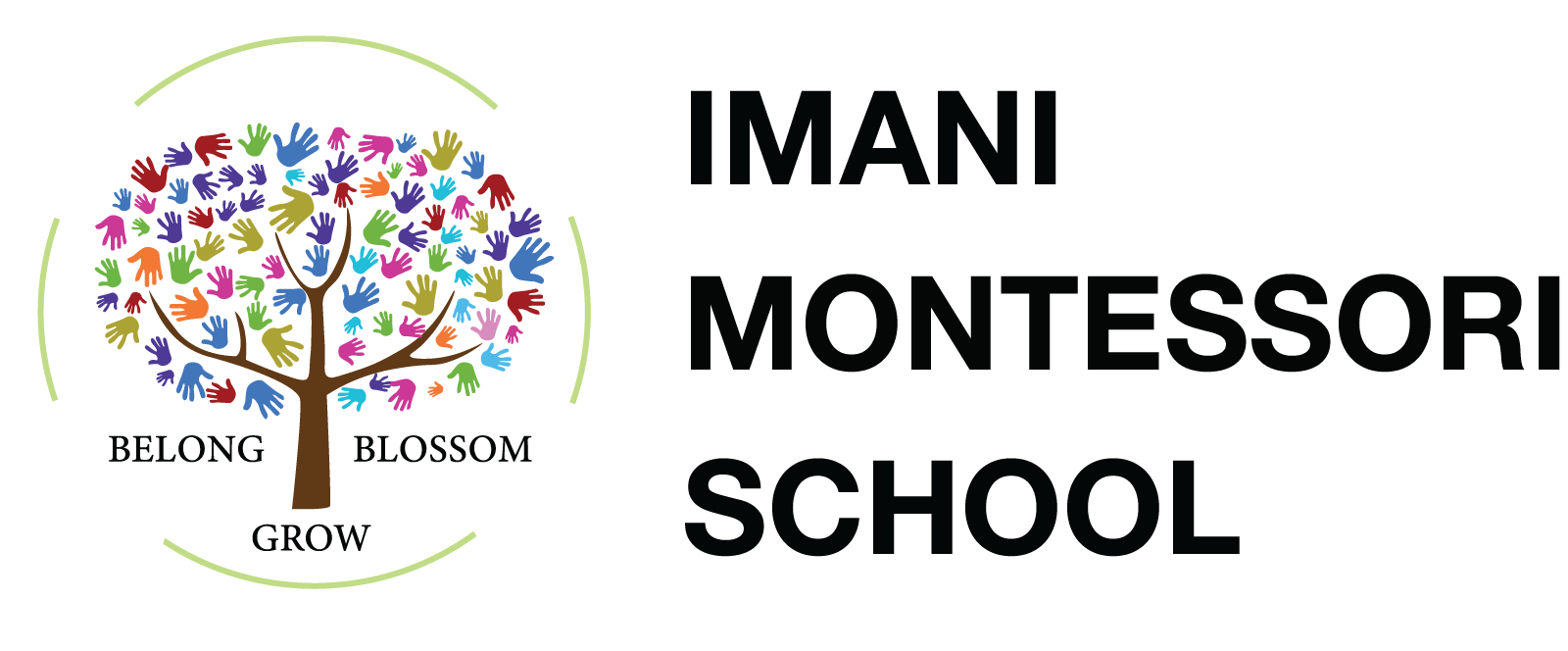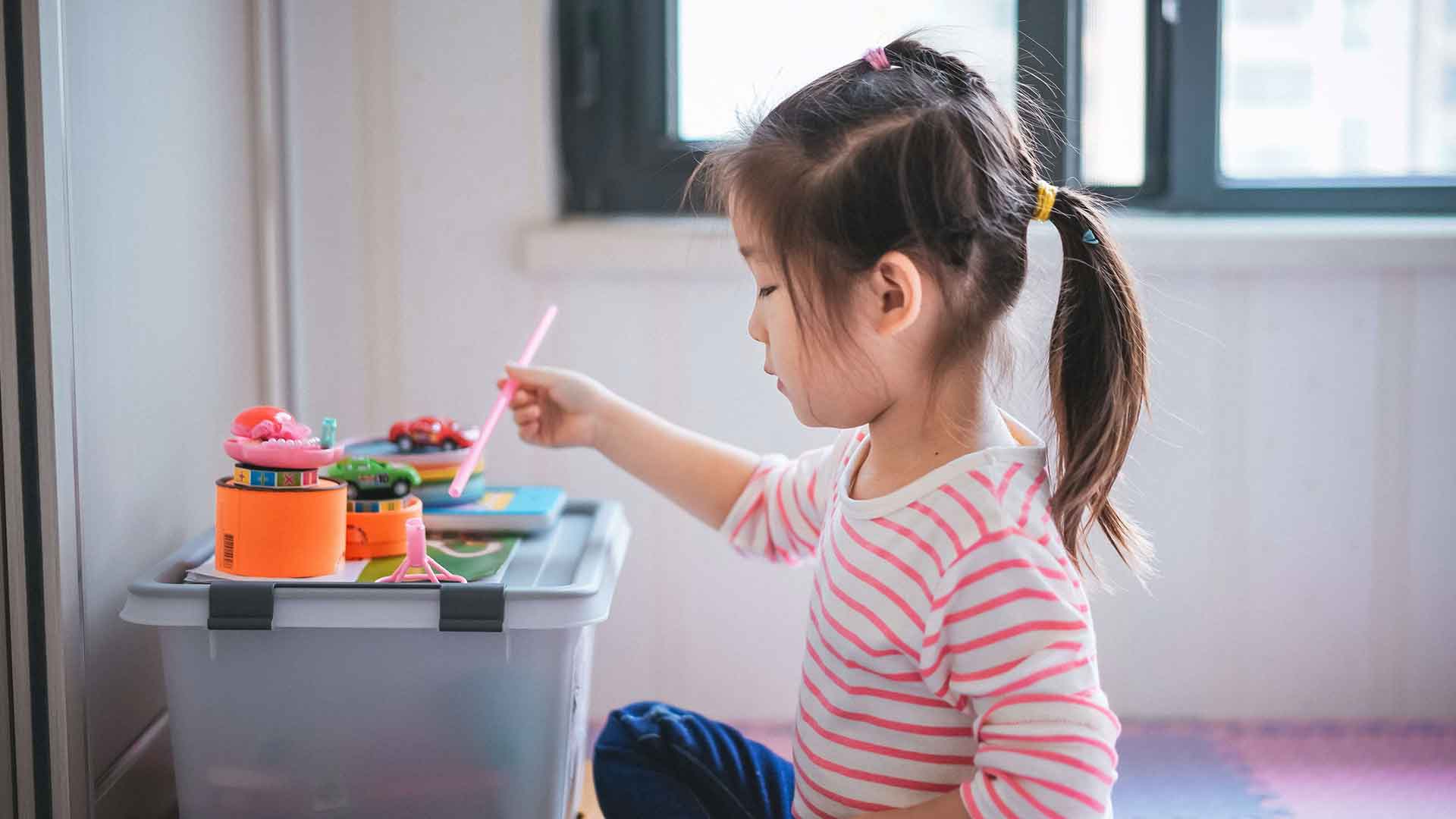Contrary to popular belief, Montessori discipline isn’t about letting children do whatever they want. It’s about creating an environment where children learn self-discipline through respect, clear boundaries, and consistent routines.
Defining Montessori Discipline
Discipline in the Montessori method means guiding children to behave responsibly and respectfully because they want to—not because they fear punishment. We achieve this by modeling positive behavior and establishing clear, consistent limits. For example, if a child repeatedly throws a toy, we calmly remove it and explain the reason: “We don’t throw toys because someone can get hurt.”
Freedom Within Limits
Giving children choices teaches them responsibility. However, these choices come within set boundaries. For instance, “Would you like to brush your teeth now or after you pick out tomorrow’s clothes?” acknowledges the child’s autonomy while still ensuring the routine (tooth-brushing) is non-negotiable.
Natural Consequences
In Montessori settings, we try to let children experience the natural outcomes of their actions, so long as it’s safe. If a child spills paint, they learn to clean it up. This real-world result teaches accountability better than arbitrary punishment.
Positive Language
Using positive language can help shift a child’s perspective. Instead of saying, “Don’t run in the classroom!” try, “Let’s walk in the classroom to stay safe.” This simple shift focuses on the desired behavior rather than the unwanted one.
Consistency is Key
Children thrive on routine and predictability. Consistently applying boundaries helps them understand what’s expected. If you allow jumping on the sofa one day and forbid it the next, they’ll become confused, testing your limits further. By maintaining clear expectations, you create a framework that fosters self-regulation.
Modeling Behavior
Montessori reminds us that children learn by observing adults. If we model respectful communication, calm conflict resolution, and kindness, children naturally absorb these traits. Reflect on your own reactions to stress or frustration, children pick up on even the subtlest cues.
Fitting Discipline into Nairobi Life
Imani Montessori School is diverse, bringing together various family and cultural backgrounds. While families may have different approaches to discipline, the shared Montessori values, respect, consistency, and empathy, help us guide children gently yet firmly. Adhering to these principles at home as well will help your child see discipline as a supportive, guiding force rather than a punishment.
With gentle guidance and clearly defined boundaries, Montessori discipline shapes a child’s internal sense of responsibility. Over time, children learn to make better choices because they want to contribute positively to their community, whether that’s at home, in school, or in the wider world.


Join the Conversation